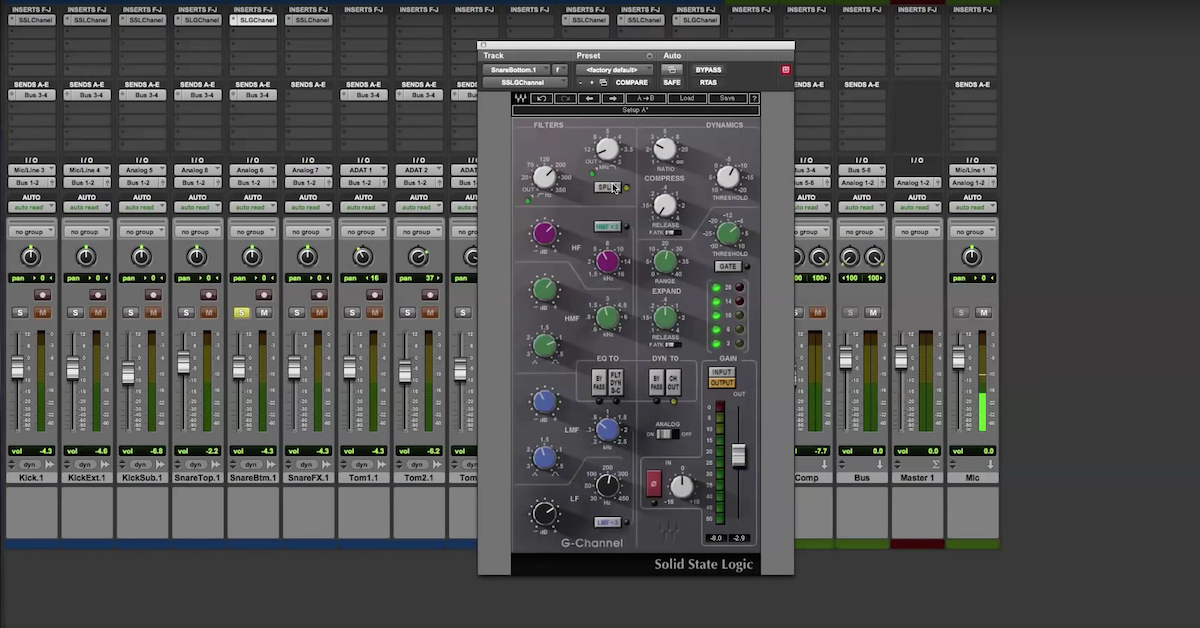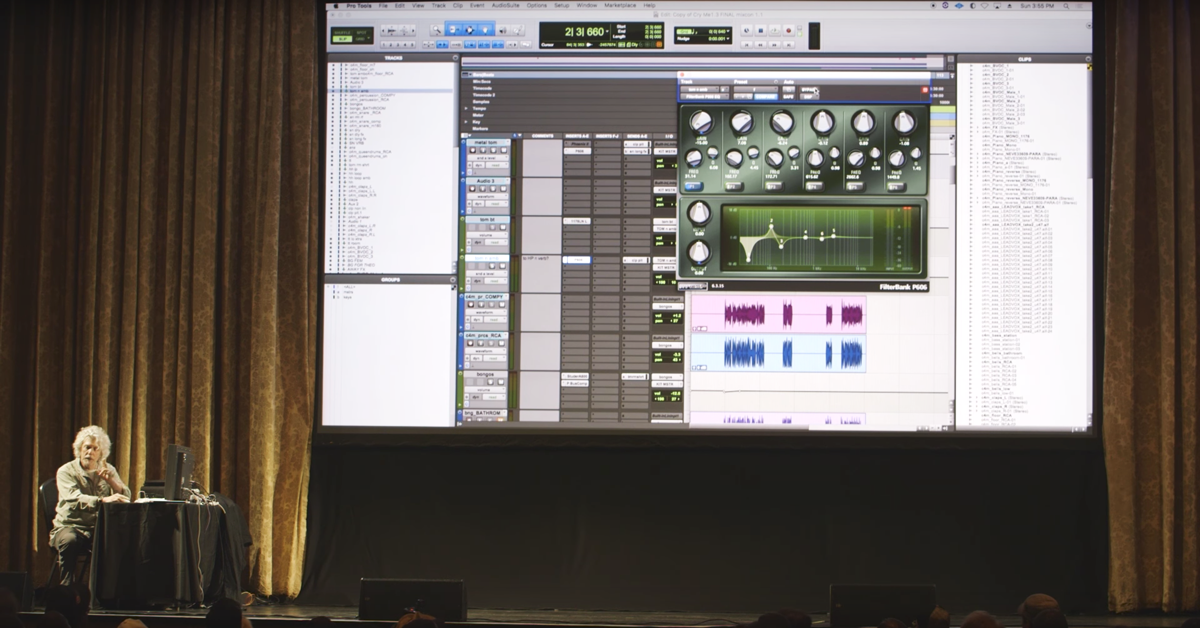How to Harness the Power of Improvisation in the Mixing Process
Article Content
Don’t you love that feeling you get after a great jam session with a group of talented musicians? When was the last time you had that feeling sitting at your mixing desk?
The unfortunate truth is that for many mix engineers, in spite of the fact that we work in a creative field, the act of mixing can often feel mechanical or even stale.
But what if there was a way to achieve that same feeling of discovery we get from playing music when working on a mix?
Here are a few thoughts on using musical improvisation techniques to improve your mixes.
Getting Out of the Box
Inside the box or out? We can all debate endlessly about whether digital or analog gear sounds better, but there’s another argument to be made for mixing outside the box: it turns the studio into a musical instrument.
With knobs and faders that you can move with your fingers, the physical act of mixing starts to feel more like playing an instrument and less like checking your email or going on Facebook. And with a musical instrument at your fingertips, improvisation becomes a more natural process.
Sure, you can improvise with a mouse and keyboard, but there’s something about moving actual knobs and faders that creates a sense of freedom which is hard to achieve in the digital realm.
That’s not to say that you need to move to an analog system in order to make your mixing process more tactile — MIDI controllers or touchscreen surfaces can give you the same control that a Neve console with rows of outboard effects units would give you, just in a more compact version.
Order and Chaos
There’s a lot of talk about workflow in the audio world these days, and there’s something to be said for finding a mixing process that works well for you. We all have our preferences when it comes to working on drums before bass or EQ before compression and so on. At the same time, working on every mix in the same order every time can get a little, well, boring.
What would happen if your band used the exact same setlist for every gig, or if you played every guitar solo at your live shows note for note as you had played it on the album?
Sometimes the act of doing things differently, even if it just means playing your songs in a different order, will force you to try new things and make new discoveries.
The same concept applies to mixing; music needs a sense of order to make it enjoyable for the average listener, but a little chaos once in a while never hurt anybody either. In fact, a bit of chaos might be just what’s needed to bring your mix to life.
The Idiot Effect
Of all musicians, guitar players best understand the joys of twisting knobs at random and producing odd and occasionally amazing sounds. The greatest of these joys comes from plugging in a box you’ve never used before and playing with the knobs until you figure out how to make the coolest sounds possible. This feeling is akin to being a kid in a sandbox – throwing sand everywhere and getting your hands dirty and sometimes building something truly awesome.
As mix engineers though, we often get caught up in the details of every setting of every plugin. We want to know exactly how a thing works before we’ll use that thing on a mix. But by figuring out how things work, sometimes we miss out on the happy accidents that come from figuring things out ourselves. Yes, you might make your song sound awful this way (that’s what the bypass button is for), but you might also make it sound amazing in a way you never would have known about before.
Conclusion
The great thing about mixing is that it’s truly an art and a science at the same time.
We could probably design software to mix songs for us (as we’ve already done for mastering), but there’s a good reason not to – because mixing, as technical as it can be, is still a musical process. So why not make mixing music feel a little more like playing music?
Yes, improvisation can be risky, even fruitless at times, but where would music (or audio) be today if it weren’t for the thousands of people who have said, “hey, I wonder what would happen if I did this?”






